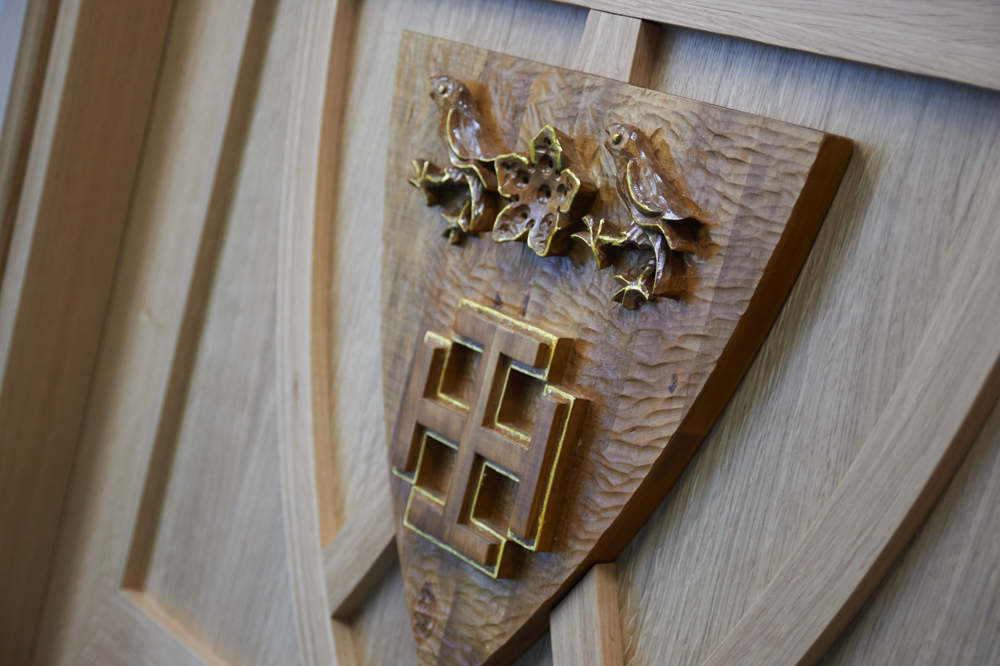Religious Studies

Introduction
Co-Curricular Enrichment
The Aquinas Society, Philosophy and Theology Society and the Genesians meet each week. They provide opportunities for pupils to exploring topical theological and philosophical issues and to stretch themselves intellectually through vigorous discussion. Activities involve reading articles, watching lectures and organising debates.
Form 3 to Upper 4th(years 7 to 9)
In the Middle School pupils are grounded in the core theological principles of the Christian faith. Over the three years they explore the story of salvation: Creation, Election, Covenant, Incarnation, Resurrection, Church and Eschatology. They also have the opportunity to engage with contemporary theological and philosophical questions, such as the relationship between religion and science, and applied ethical theory. Additionally, they examine Catholic attitudes to other faiths and study three other world religions: Judaism, Hinduism and Islam.
GCSE
At GCSE pupils undertake modules in Catholic Christianity (50%), Philosophy and Ethics (25%), and Judaism (25%). A vital component of study is learning to appreciate the importance of the sources of faith, and so pupils acquire the ability to analyse how biblical texts and the works of selected philosophers have shaped attitudes to belief and non-belief. Pupils develop the ability to write in a sophisticated academic style, sustaining lines of argument in the face of conflicting viewpoints.
A level
There are three components to A level Religious Studies: Philosophy, Ethics, and Development in Christian Thought. Students are challenged to engage with primary texts from some of the most influential thinkers in Western culture, and also have the opportunity to identify key questions and debates which have shaped Theology and Philosophy as academic disciplines. The beauty of this course is that it encourages students not merely to find the ‘right’ answers, but to learn to ask good questions and develop curiosity, which surely the foundation of all education.